
OR
COVID-19 infection graph going high, government has not planned lockdown yet
Published On: January 11, 2022 04:35 PM NPT By: RSS
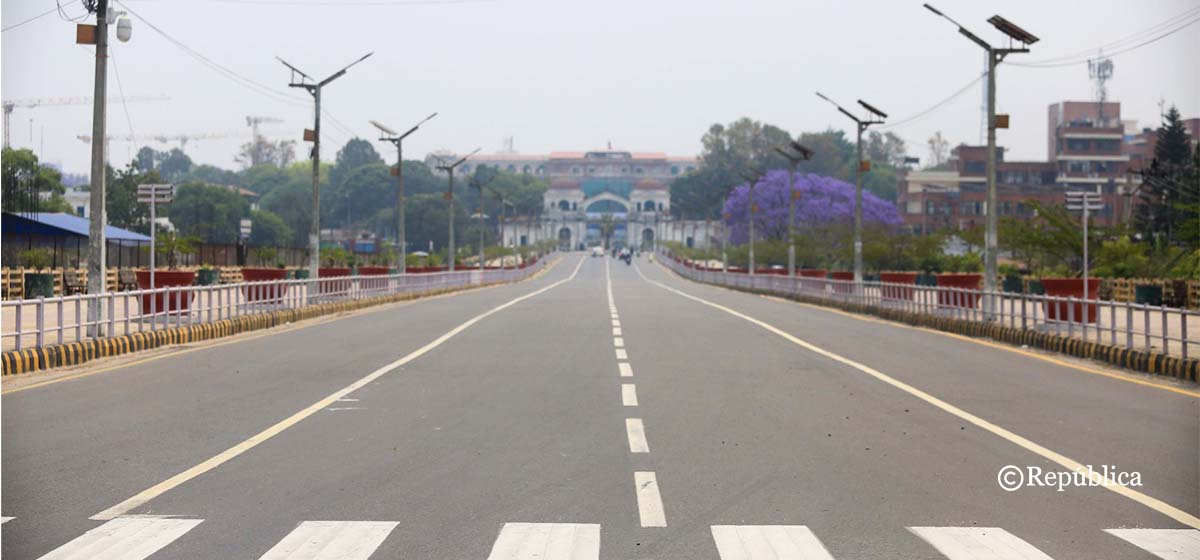
KATHMANDU, Jan 11: Following a gradual rise in COVID-19 infections rate for the past few days, the government has already decided to close schools till January 29 effective from today.
Likewise, the government has banned gatherings and public programs with the participation of more than 25 people. Bearing in mind the possibility of a third wave of the pandemic, the Home Minister has issued eight-point directives for the prevention and containment of the virus. The directive issued through the all-district administration offices came into force on Monday, January 10.
The latest government moves against the pandemic have left the ground for the people to suspect whether the government is planning to implement another lockdown during the first and second wave of the virus.
The graph of positive cases has been climbing for the past few days. On January 7; 262 samples, out of 14971, were tested positive while on January 10, there were 1,446 positive cases out of 11,429 lab samples, suggesting a significant rise in the infection in just four days. Presently, the country reports 7,855 active cases.
On January 3, the infection rate among the tested cases was 2.6 percent and it jumped to 9.2 percent on January 9 and 12.7 percent on January 11. If we see the infection rate history of this period, the rise is continuous. On January 4, the infection rate was 4.2 percent followed by 4.3, 4.5, 6.5, and 7.1 in the four consecutive days.
The Ministry of Health and Population has said it has not yet planned the fresh shutdown against the pandemic.
Joint-Spokesperson at the Ministry, Dr Sameer Kumar Adhikari, said that the Ministry has not thought of enforcing lockdown in the current situation.
"No discussion was held regarding the lockdown," he shared, adding, "We will now pay attention in prevention and control of infection. We have not even thought about the lockdown."
The Ministry has given authority to District COVID-19 Crisis Management Centre of the respective districts regarding imposing smart lockdown.
Adhikari said, "The respective DCMC can take a decision regarding smart lockdown in view of cases of COVID-19 and capacity of hospitals carrying out treatment of coronavirus cases in the district as the authority has been given to the DCMC in this regard."
The Ministry has accelerated vaccination campaigns to stop the possible risk of coronavirus and it has the capacity to administer vaccines to 500,000 people in a day.
The Joint-Spokesperson mentioned that the vaccine campaign has been taken to the doorstep of the people in order to prevent and control the third wave of coronavirus.
The Ministry is set to provide a booster dose after all the people from eligible groups get a full dose of vaccine within January 14.
Frontline workers, citizens above 60 years, active cancer patients, patients with organ transplantation, HIV/AIDS infected people, people with immunodeficiency would get booster doses from the last week of January.
Preparation to check spread of Omicron variant
The government has kept the hospitals in a ready position to prevent the third wave of COVID-19 from learning from past experiences. Dr Adhikari said hospitals throughout the country including in the Kathmandu valley have been readied with oxygen, intensive care unit (ICU), high-dependency unit (HDU), ventilators, and isolation facilities.
According to him, there are 2,797 ICU, 1008 ventilators, and 3,846 HDU available. Similarly, arrangements have been made for 13,939 oxygen cylinders and 693 oxygen concentrators while 19 out of 25 oxygen tankers and 87 of 107 oxygen plants are in operation.
There are 2,494 isolation beds, 324 HDU, 445 ICU, and 254 ventilator beds in the Kathmandu valley.
Eleven oxygen plants have been set up in Province no 1, six in Province no 2, twenty-one in Bagmati Province, 17 in Gandaki Province, 18 in Lumbini Province, seven in Karnali Province, and five in Sudurpaschim Province.
Ministry spokesperson Dr Sangeeta Kaushal Mishra said the medical staff are also ready for the prevention of the risk of spread of the Omicron variant. "All the local levels and provincial governments have been directed to carry out testing using the antigen method by identifying the risk areas in the community and also take measures for the proper management of those people identified as infected," she said.
Similarly, tests for coronavirus infection have been stepped up at the border transit points, and arrangements made for keeping the infected persons in isolation. The Ministry has been carrying out regular testing to identify the Omicron variant.
You May Like This
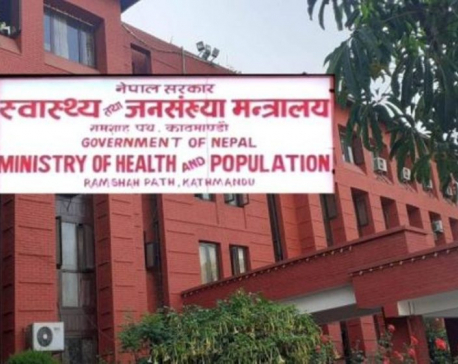
Health offices across country directed to make necessary arrangements to tackle possible spread of Omicron variant
KATHMANDU, Jan 3: The Epidemiology and Disease Control Division (EDCD), Department of Health Services under the Ministry of Health and... Read More...

Nepal records 316 new cases, 259 recoveries and three deaths on Wednesday
KATHMANDU, Dec 1: Nepal recorded 316 new cases of COVID-19 on Wednesday along with 259 recoveries and three deaths, according... Read More...

Nepal records 834 new cases, 1,279 recoveries and nine deaths on Sunday
KATHMANDU, Sept 26: Nepal recorded 834 new cases of COVID-19 on Sunday alongwith 1,279 recoveries and nine deaths, according to... Read More...


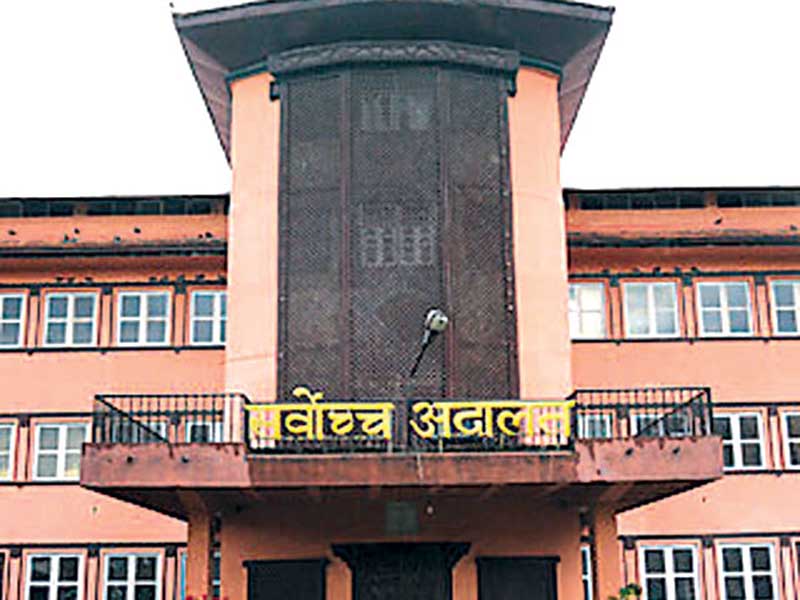

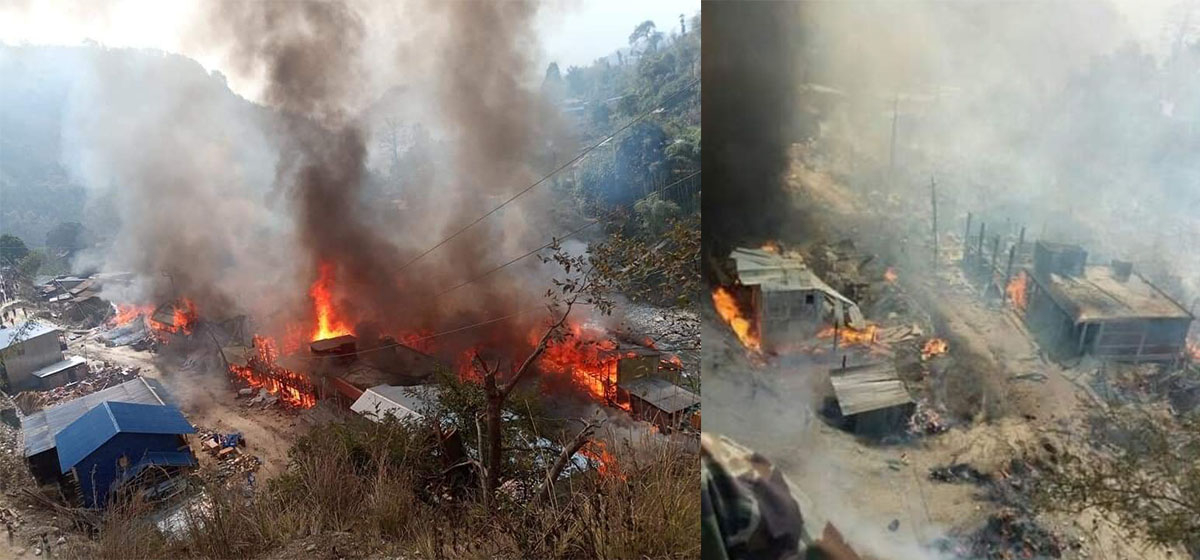
Just In
- Three airline companies suspended by CAAN seek to revoke AOC suspension
- SSP Karki new spokesperson of Nepal Police
- Yadav files writ at SC challenging EC's recognition of Rai led JSP, hearing on May 15
- Fire incidents claim 26 lives in one month
- NEPSE surges 24.39 points, while daily turnover increases to Rs 3.40 billion
- PM Dahal, DPM Lamichhane and UML Chair Oli hold meeting at Singha Durbar
- House deadlock will be ended through consensus: PM Dahal
- JSP-N Chair Yadav meets LSP Chair Thakur, seeks support to form coalition govt in Madhesh



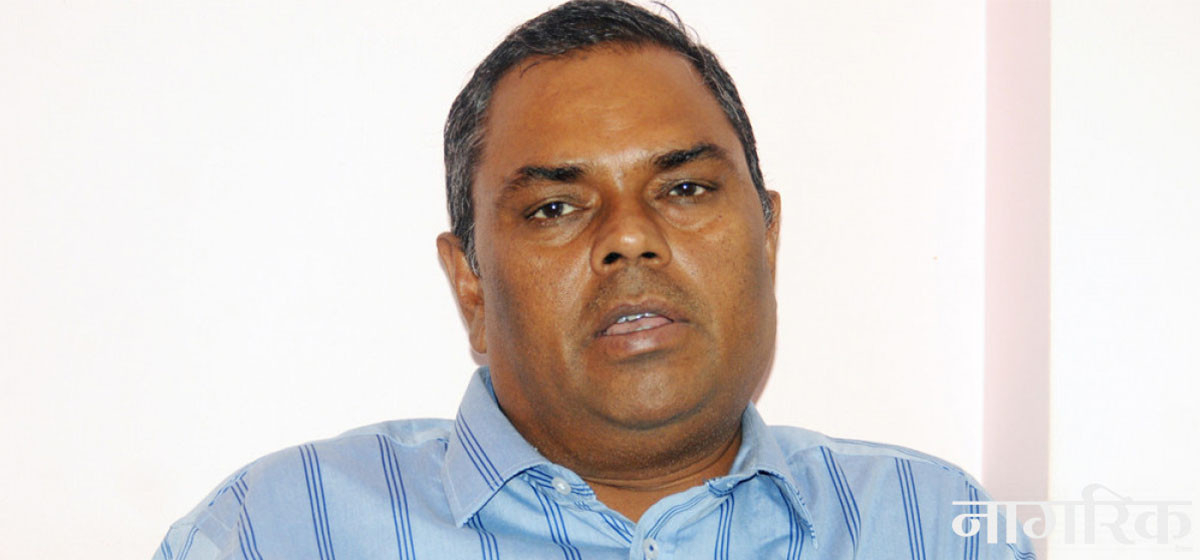
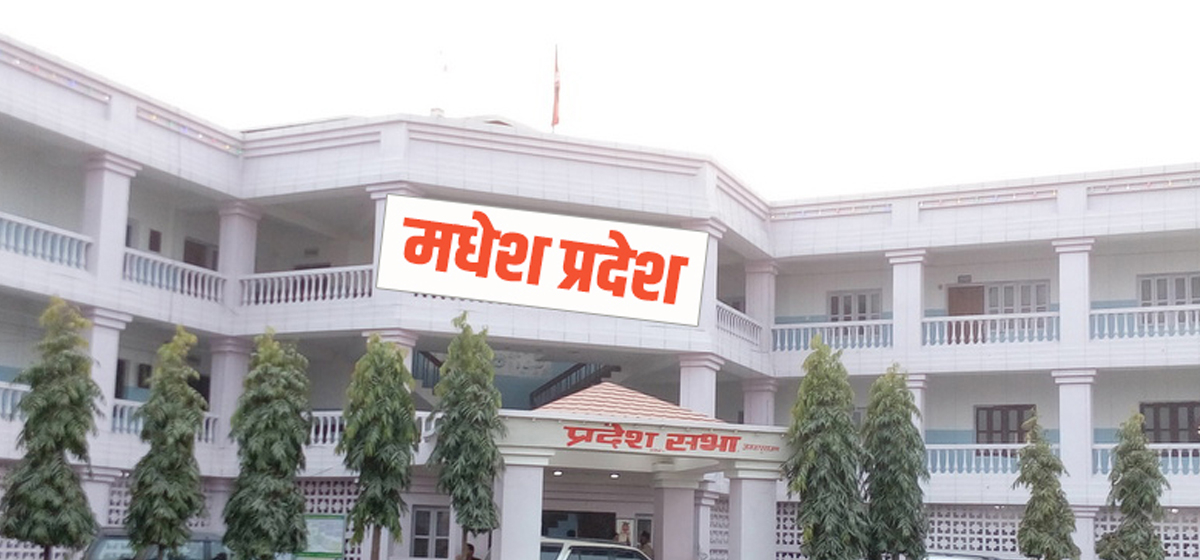

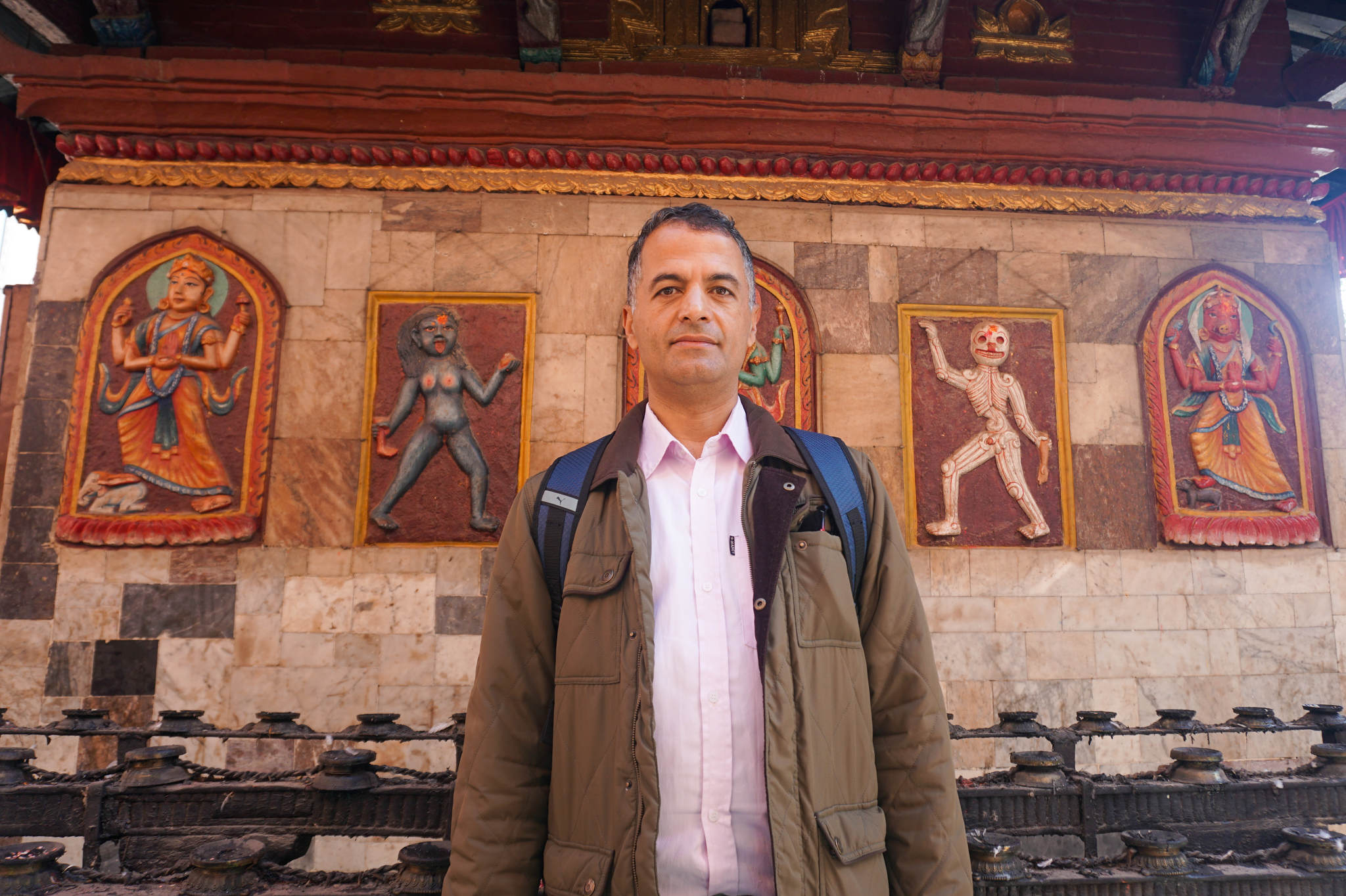
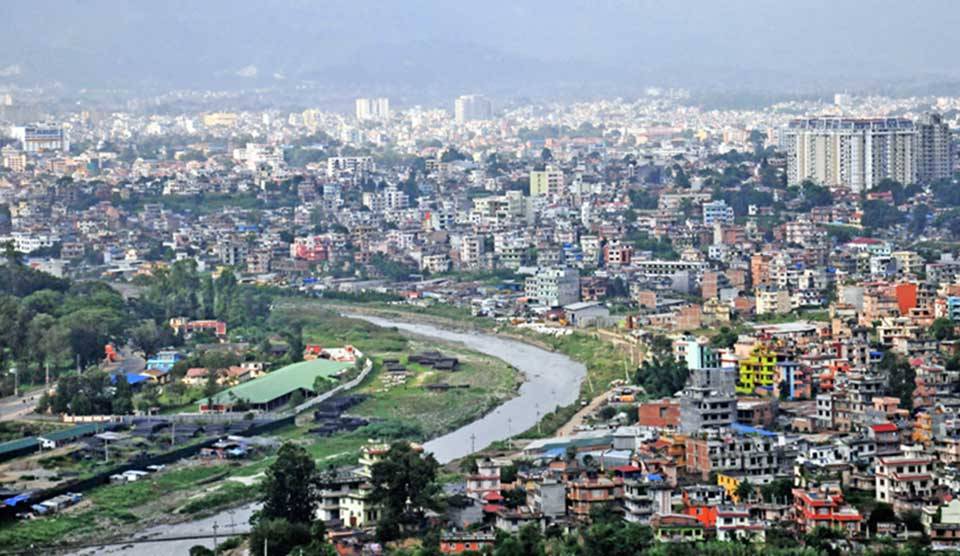

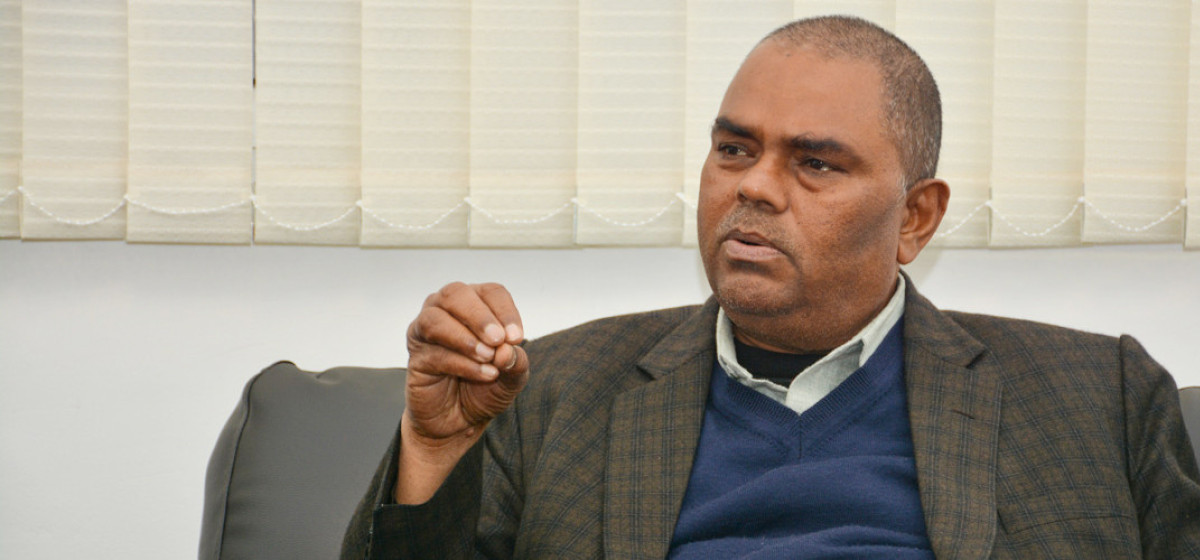

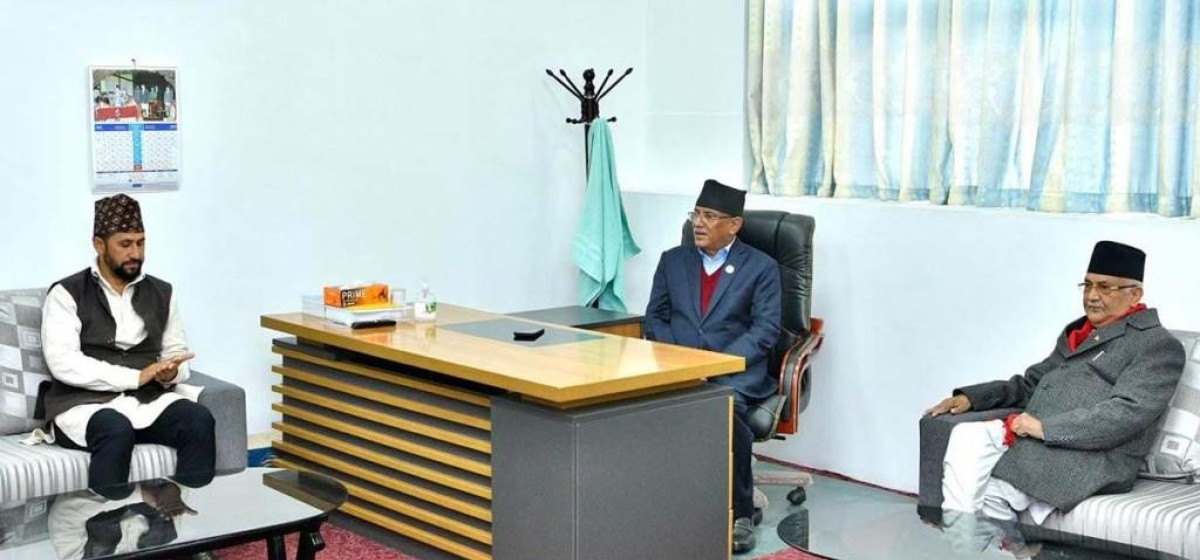
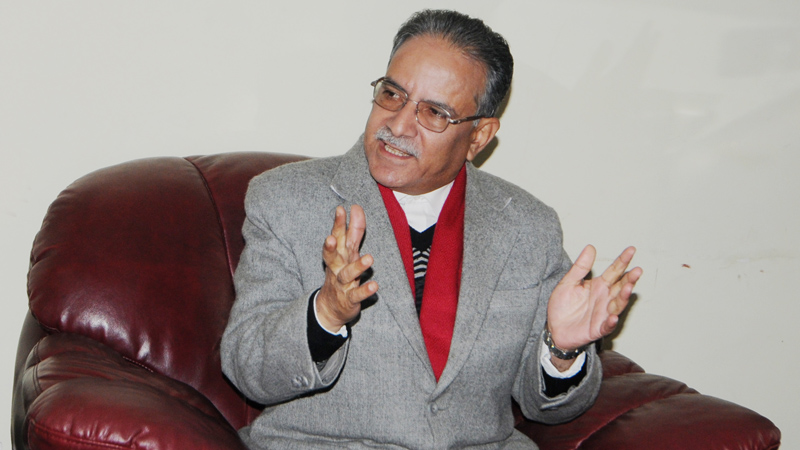

Leave A Comment